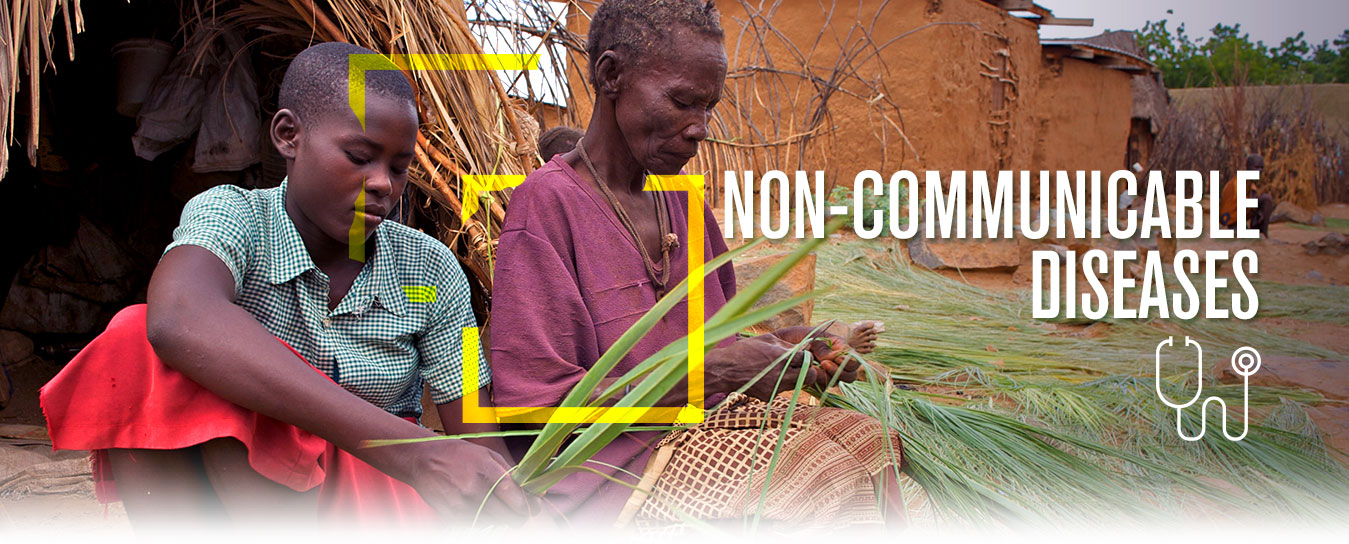
1
2
Non-TB associated respiratory disease has low priority with inadequate resources for diagnostics and management3. Access to interventions affecting disease progression, from essential medicines to pulmonary rehabilitation are generally not available or affordable4, 5 . Meanwhile, the prevalence of tuberculosis is high. Whilst screening and treatment programs are in place to address this, lung health following tuberculosis is poorly characterized and managed. There may be long term lung effects of TB even once treated which impact quality of life6. The role for a comprehensive lung health evaluation and treatment service is therefore emerging.
Care will include community based intervention programmes to reduce hospital admissions and promote a sense of patient self-management and disease ownership. This includes individualised nursing support and pulmonary rehabilitation to improve patient education and quality of life. Primary prevention includes a smoking cessation program to screen, counsel and treat both cigarette smokers and those who consume smokeless tobacco. To characterise post-TB lung disease various studies will be conducted to assess respiratory symptoms and lung function in patients completing TB treatment. These studies will identify the burden of disease and identify possible points of intervention to prevent long term respiratory problems.
The clinics are designed as a ‘one-stop shop’ so that spirometry (routine respiratory investigations), physiotherapy and nursing support for diagnostics, treatment and patient education can be offered in the same visit. Following assessment for tuberculosis, the need for specialist respiratory review is also catered for. As this infrastructure develops, studies into post-TB lung health are planned so that patients will be prospectively recruited on completion of treatment and have a follow-up clinical evaluation and treatment for any ongoing respiratory symptoms.

[1] World Health Organisation, “Non-communicable Diseases Progress Monitor 2015,” 2015.
[2] World Health Organisation, “Global status report on noncommunicable disease 2014,” 2014.
[3] M. O. Yusuf, “Systems for the management of respiratory disease in primary care - an international series: Pakistan,” Primary Care Respiratory Journal, vol. 18 (1), pp. 3-9, 2009.
[4] M. Farooq, W. Waqar and M. Mustaqeem, “Assessing Attitudes and Perceptions of Obstructive Pulmonary Disease Patients towards Inhaler Therapy in a Low Income Country: A Cross Sectional Study,” Mysensingh medical journal, vol. 25 (4), pp. 767-771, 2016.
[5] S. Hassan, “Pulmonary Rehabilitation,” Pakistan Journal of Chest Medicine, vol. 16 (3), 2010.
[6] M. Shah, C. Reed, “Complications of tuberculosis’’ Current Opinion in Infectious Disease vol 27(5), pp 403–410, 2014